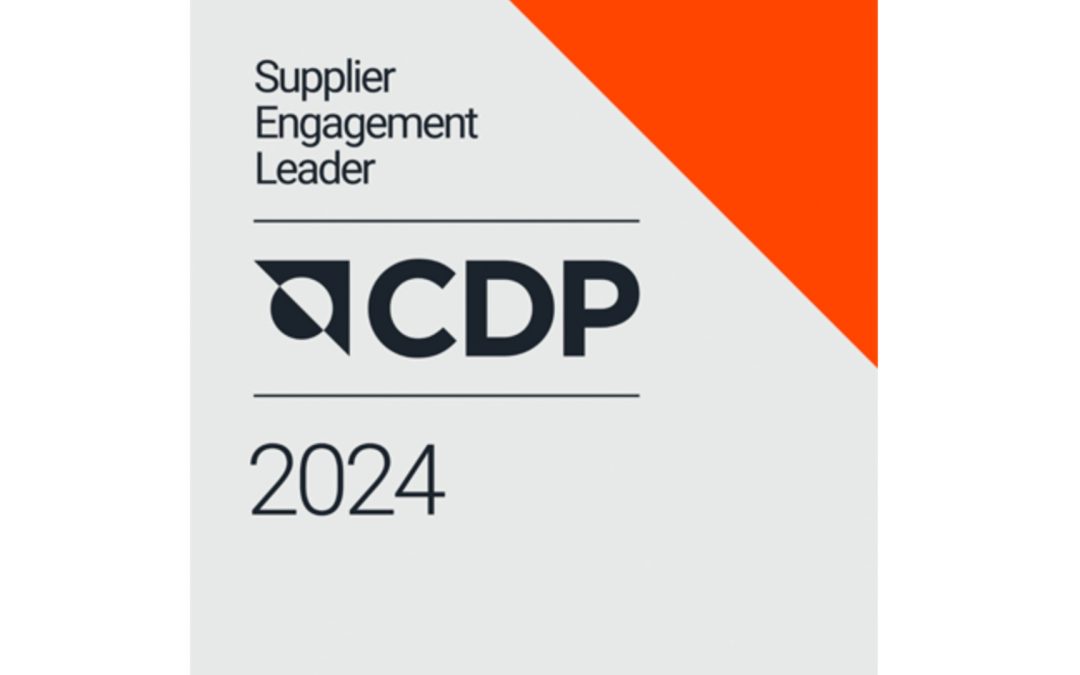 A new UK survey by packaging leader Smurfit Kappa provides insights into how Conscious Consumerism is continuing to drive the need for organisations to embed sustainability into business operations.
A new UK survey by packaging leader Smurfit Kappa provides insights into how Conscious Consumerism is continuing to drive the need for organisations to embed sustainability into business operations.
With a growing demand for higher transparency of companies’ sustainability practices amongst a new generation of consumers, the survey highlights how two-thirds of UK businesses struggled to measure the bottom-line impact of their sustainability strategies.
New research reveals Conscious Consumerism will keep sustainability a top priority for businesses
- 61% of consumers expect the brands they buy from to have clear sustainability practices
- Customer experience/ satisfaction is the leading metric businesses (58%) use to measure return on investment from sustainability practices
- Two-thirds of UK businesses struggle to measure impact of their sustainability strategies
- Sustainability to remain a priority for businesses in post Covid-19 era
The Balancing Sustainability and Profitability Survey, which was conducted among 200 senior executives and 1500 consumers in the UK, examines the business community’s and consumers’ views on sustainability and how they are adapting to create a more sustainable future.
The survey found that 61% of consumers expect the brands they buy from to have clear sustainability practices. While 65% of consumers say price is still a key factor in their purchasing decision, in the past six months more than half say they have purchased a product specifically because it had reusable or biodegradable packaging and 56% have paid more for a product or service that was sustainably sourced.
Commenting on the research, Steven Stoffer, Group VP of Sustainability and Development at Smurfit Kappa, said: “In the past, sustainability was considered more of a corporate topic but now the sustainability agenda is being driven by consumers. While this survey was conducted just before the Covid-19 pandemic, we are seeing growing evidence that these trends will continue as our economies begin to re-open.
“Pre-pandemic, consumers were increasingly demanding sustainable and ethically sourced products and recent research in the US[1] suggests that Covid-19 has not reduced consumers’ demand for sustainable products.”
The driving force of Conscious Consumerism is echoed by the survey: 63% of businesses stated that their organisational attitude towards sustainability is customer-driven. However, half of organisations say that greater customer (and consumer) awareness of the effects of their sustainability practices would be most beneficial to their long-term impact.
The research also shows 69% of consumers struggle to identify whether brands practice sustainability.
“This suggests there is a knowledge gap between brands and consumers and indicates there is an onus on brands to better communicate what they are doing in the area of sustainability. In general, more education is necessary and if brands can get this right, it will hugely strengthen the brand/customer relationship,” said Stoffer.
Improved customer experience/ satisfaction is the leading metric that UK businesses (58%) use to measure return on investment from sustainability practices. However, the Balancing Sustainability and Profitability Survey also found that only 18% of organisations are currently measuring their sustainability plans with 4 in 10 businesses saying measurement is the main barrier to implementing sustainable practices.
The research also showed that 82% of business executives treat sustainability as a long-term investment, rather than a cost. Crucially, this is changing the rules of financial reporting in nearly three-quarters of businesses. However, less than half of organisations have the ability to link sustainability to financial results.
Growing social and environmental awareness is increasing pressure on businesses to play their role in reducing the impact of climate change and waste. The survey found that 72% of businesses see sustainability as a lasting trend.
Sustainability is also opening up growth opportunities for businesses; 83% of businesses described sustainability as a business opportunity to be exploited.
“Sustainability is a catalyst for growth, but businesses will need to strike a balance between sustainability practices and profitability if they are going to ensure long-term stakeholder buy-in. Those businesses that see the value of investing now for the long-term, will be positioned to win in the future,” concluded Smurfit.






















